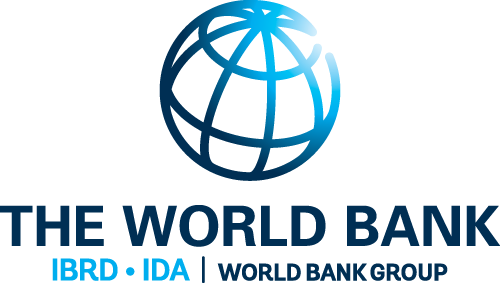The World Bank has said it approved $11.5bn in lending to Western and Central African countries for 98 operations.
The World Bank said this in its ‘Annual Report 2021: From crisis to green, resilient, and inclusive recovery’.
The bank said, “In fiscal 2021, the bank approved $11.5bn in lending to Western and Central Africa for 98 operations, including $500m in IBRD commitments and $11.0bn in IDA commitments. Revenue from Reimbursable Advisory Services agreements with one country was $700,000.
“To help countries in the region tackle the COVID-19 crisis, we are investing in health and expanding safety nets for their most vulnerable people. We are also supporting recovery by helping strengthen the social contract between citizens and governments, bolster job creation and economic transformation, improve human capital, empower women, and boost climate resilience.”
The bank said in its fiscal 2021, it committed $1.5bn through 12 development policy operations to support countries’ pandemic responses and recovery efforts.
The W’Bank said it was providing governments with immediate fiscal relief while continuing to promote transparency and accountability and helping strengthen public procurement and revenue management.
“In Nigeria, we are helping the government implement fiscal measures to promote transparency and accountability, strengthen links between states and the federal government, and promote citizen engagement.
“In Cameroon, we are strengthening community accountability mechanisms in fragile contexts by improving service delivery for over one million people, many of whom are forcibly displaced.
“In Côte d’Ivoire, the bank and IFC are establishing the policy and regulatory framework for environmentally sustainable investments and providing partial credit guarantee schemes to protect small and medium enterprises.”
According to the global bank, it is providing $1.8bn under IDA to scale up social safety nets across Western and Central Africa in a bid to strengthen social protection measures, recipient registries, cash transfer programmes, and delivery mechanisms to benefit about 40 million people, of which 20 million are Nigerians.
The bank said, “In Togo, we are supporting the delivery of emergency cash transfers to some of the poorest families affected by COVID-19, using satellite images and mobile money; these efforts are also helping modernise the financial sector.
“In Nigeria, the national social protection system is providing digital payments to 20 million people living in extreme poverty, 90 per cent of whom are female.
“In the Gambia, the National Nutrition Agency is supporting more than 78,000 families in the country’s poorest districts through cash transfers, while in Cameroon, an adaptive social protection programme has distributed digital payments to 80,000 vulnerable households.”
The bank added that it would expand irrigation to one million Nigerian farmers by helping them improve technology, institutions, and value chains.
The W’Bank said, “In Edo State, Nigeria, the bank is providing $75m to deliver remote learning through interactive radio lessons, digital self-study activity packets, storybooks for independent reading, mobile interactive quizzes, and lesson plans for parents, reaching 20,000 students in 930 primary schools.”
The global bank added that it is supporting greater access to social transfers, better food security for poor and vulnerable households, and stronger links between farmers and markets to prevent disruptions and job losses in agricultural supply chains in Nigeria.





